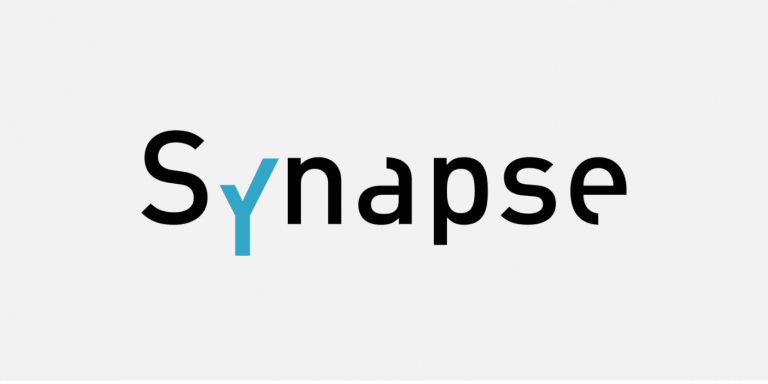
Synapse Développement, a specialist in Artificial Intelligence applied to texts and linguistic engineering, has won the i-Nov competition in the Digital DeepTech theme financed by the Programme d’Investissements d’Avenir (PIA) and operated by Bpifrance, thanks to its BOT CYCLE conversational agent project.
The i-Nov innovation competition, funded by the French government through the Programme d’Investissements d’Avenir (PIA) and operated by Bpifrance and ADEME, aims to support the accelerated emergence of companies with the potential to become world leaders in their field. Twice a year, it selects research, development and innovation projects, led by start-ups and SMEs, around a dozen varied themes (Health, Digital Deep Tech, Proteins and ferments of the future…) and whose total costs amount to between 600,000 and 5 million euros. For its 8th wave, the project in the Digital Deeptech theme that it has selected is that of Synapse Développement: BOT CYCLE.
Synapse Development
Specialized in artificial intelligence applied to language for over 25 years, Synapse Développement offers innovative and interoperable Automatic Language Processing (NLP) solutions: Semantics by Synapse (opinion and sentiment analysis, thematization, etc.), Cordial writing assistance, intelligent search engines, chatbots, etc. The Toulouse-based company has developed “Machine Reading”, a technology that was the first artificial intelligence in the world to pass the entrance exam of the University of Japan in 2015. Synapse has received numerous awards, including the title “Company of the Year 2019” from the Occitanie Midi-Pyrénées region . In an interview, Patrick Séguéla, CEO of Synapse development, had told us:
“The Synapse adventure officially began on January 11, 1994! It was born from the idea of a group of linguists and computer engineers who were passionate about the French language. They quickly realized that combining their two areas of expertise would enable them to develop a third area of expertise that was still unknown at the time: Artificial Intelligence. Their love of French thus led them to focus on automatic language processing, the branch of Artificial Intelligence applied to texts.”
Conversational chatbots, or virtual assistants leverage natural language understanding (NLU), NLT (the ability for a computer program to understand human language as it is spoken through deep learning) to learn as it goes and initiate conversations. Chatbots improve operational efficiency and thus save companies money. However, training them requires a large volume of very expensive data. Once operational, the chatbot will have to evolve with the company and knowledge bases will have to be updated, which is also very costly and time consuming.
The advantage with BOT CYCLE is that it needs very little data to be trained, if any: it is the interactions with the users that will make it evolve as it goes along. This technical innovation, linked to the development of learning algorithms allowing a radically different approach to the process of putting chatbots into production and maintenance, will be reinforced by a new ergonomics, designed to increase user engagement, in order to collect their feedback by encouraging the involvement of business agents in the elaboration of shared knowledge within the company. BOT CYCLE will thus open up a new way of doing and using chatbots in a new model of human/machine collaboration.
Translated from Synapse Développement, lauréat de la thématique Numérique Deeptech du concours i-Nov









